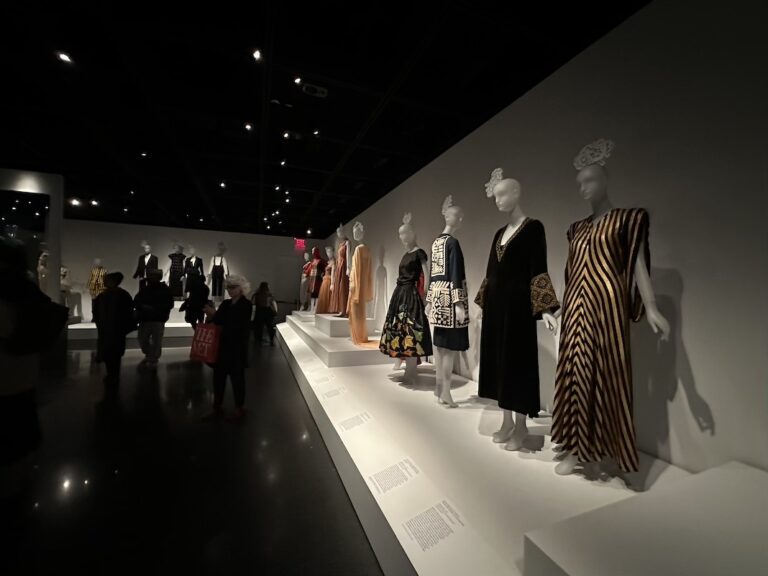Being a woman affects how you’re hired in France, and it doesn’t just start at the interview process.
At the turn of the French revolution, many of France’s grandes écoles, essentially the equivalent of the Ivy Leagues, were born out of a need to train civil servants. Gaspard Monge created the École Polytechnique, also known as X, to train engineers; it was militarized in 1804 by Napoleon. Politician Joseph Lakanal founded the École Normale Supérieure to train teachers. The École national des ponts et chaussées, or Ponts, and the École national supérieure des mines de Paris, or Mines, followed not long after. And nearly 70 years ago, the École national d’administration, or ENA, was established to train ‘haut fonctionnaires’, aka, most French politicians.
Are we sensing a trend here? Schools founded by dudes for dudes to keep putting dudes in “dude” jobs. The French equivalent of “you scratch my back, I’ll scratch yours, hombre.” Although it’s been two centuries since the rise of most grandes écoles, this boy’s club is still considered what the French call the voie royale to success. Show up to an interview with one of these puppies on your CV, and chances are, you have a solid shot at getting an offer.
There’s just one issue: it’s the 21st century, and women still don’t account for even half of the students in the graduating classes at these prestigious institutions. At the engineering schools, women account for 27% of students; at X, of the 522 students, 75 are women–that’s 14%! #Firstworldproblems, undoubtedly…but can you imagine any of the Ivies with a student body composed of less than 50% women? Of course, this was reality in the not too distant past. But that it still persists in France points to a structural issue; the patriarchy is alive and kicking over here.
Perhaps, as many Gaullic critics have pointed out, it has to do with the fact that the majority of these institutions are engineering schools oriented toward the sciences, and that French women self-censure despite studies showing that they perform better academically than their male peers. Some of the self-censuring can be accounted for by how hugely gendered certain areas of study are: women account for 70.1% of those studying arts and humanities, and 83.9% of those studying social and paramedical work. For all her bourgeois privilege, if Simone de Beauvoir were still alive, she would be having an analytical field day. (Simone, meet Sheryl Sandberg, I think you’ll be great friends.)
Unfortunately, the systemic misogyny oppressing women doesn’t stop there. Woman you may be, career you may not seek.
In French hiring practices, if rule #1 one is to look at the alma mater on your CV, then rule #2 is to look at your gender, age, marital situation, and (gulp) even your picture. Early in my quest to get hired on a visa here in France, I learned to reformat my résumé à la française, which meant listing the aforementioned details and tacking on a small photo. (This is just one of the many uses for all the photomatons you see in Amélie.)
If you aren’t immediately outraged over the biases that such information can create, let me break it down for you: a study undertaken by the Royal Economic Society in the United Kingdom shows that a physically attractive woman is actually less likely to be employed, even if she is qualified, whereas the opposite is true for an attractive man.
It gets worse. Your age and marital situation, including how many children you might have, can be used against you. Are you in your early 30s, married, but don’t have kids yet? Your potential employer might straight up ask you when you plan on having children. Do you have children already? It might be assumed that you can’t handle a leadership role due to family constraints. And the icing on the cake? Despite it being none of their beeswax, your French employers might quip that because you could have children soonish, you shouldn’t be given managerial responsibility. This happened to my friend here, a talented educator in an international private school, who at 33 was denied a promotion to a head of department role for these exact reasons. I’ve also seen these hiring biases structure the family planning choices of many a French female colleague: have kids just in time to be perceived as responsible–because nothing screams ‘grown-up’ in France more than hitting 30 and starting a family–and then, change jobs or get a promotion just before having a second child in order to lock in your position and pay grade. Then take that sweet 4-6 month maternity leave. Which is great, but can it really be that great when you know that you’re getting paid on average 24% less than men? Mes Américaines, welcome to gender discrimination at its finest.
Overall, French women perform better than men in school and are more qualified than men, yet their unemployment rate is higher. Certainly, there are French HR laws in place to protect against such discrimination, and the French government has been on a crusade to instate parité, particularly when it comes to the wage gap. Yet, it’s not so much the laws as the mentalities that have to change first, from the ground up, in order for real change to come about.
Rejoice, mes chéries aux Etats-Unis. You may not have maternity leave, but you also may not have it as hard as French women on the job market.






